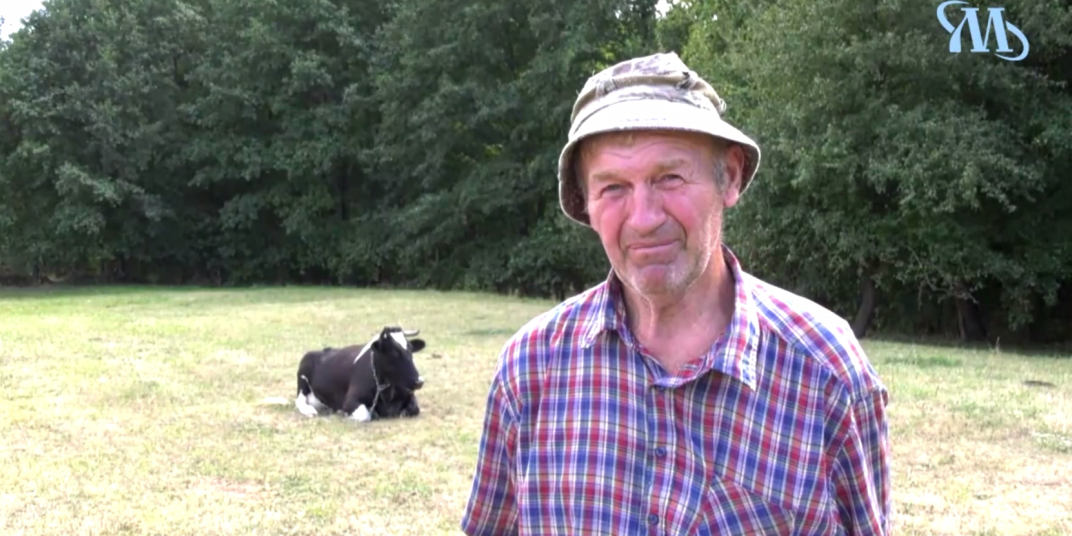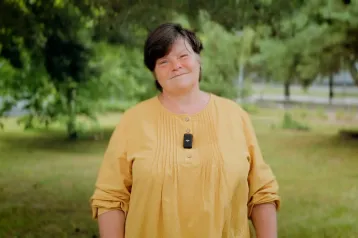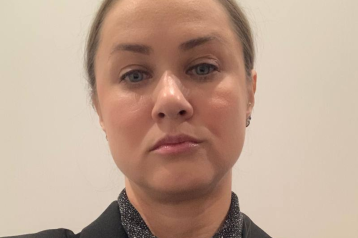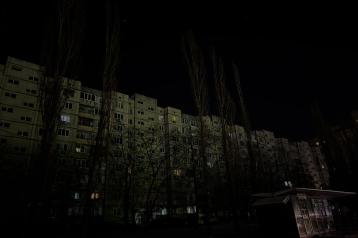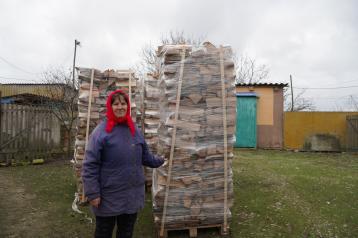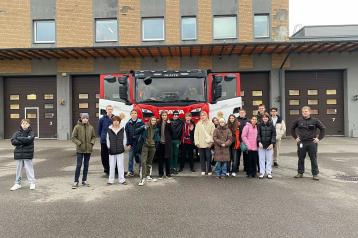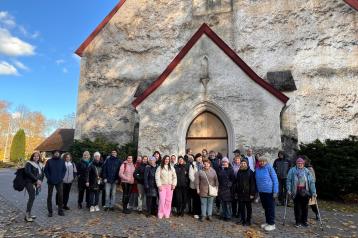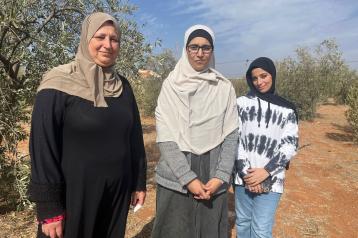Countries
Mykhailo and his wife have been keeping cows for over 30 years. They started with one cow to have milk for themselves. Then they got more cows and delivered milk to the dairy. After losing their main job, keeping and breeding cows became the main source of income for the couple. A husband and a wife independently take care of animals, sell milk, as well as sour milk cheese, sour cream and fermented baked milk (ryazhanka) of their own production at the local market.
"Home dairy farming is our family's life business. It is difficult and expensive to keep cows, many people give cows for slaughter nowadays, but we are not one of those people. We have established a production process and have had regular customers for many years," Mykhailo says.
Income from farming covered less than half of the family's basic needs, while the demand for products grew. In order to earn a living and not to lose new customers, the man was looking for an opportunity to expand his farm. Mr. Mykhailo applied for the Estonian Refugee Council’s Emergency livelihoods programme which provides livelihood grants to vulnerable households and individuals who have lost their primary means of income. These grants allow recipients to rebuild their livelihoods, regain self-sufficiency, and stabilize their economic situation. After ERC’s thorough evaluation and verification, Mr. Mykhailo received 36,000 hryvnias to purchase a young dairy cow. This made it possible to increase milk yield and the amount of dairy products for sale. As a result, with the funds received from selling his own products, Mykhailo was able to prepare fodder for cows and calves for the winter season, stabilize his earnings and obtain additional income for his family.
The emergency livelihoods programme is implemented as part of the Ukrainian Response Consortium, led by Acted, and funded by USAID's Bureau for Humanitarian Assistance (BHA).
